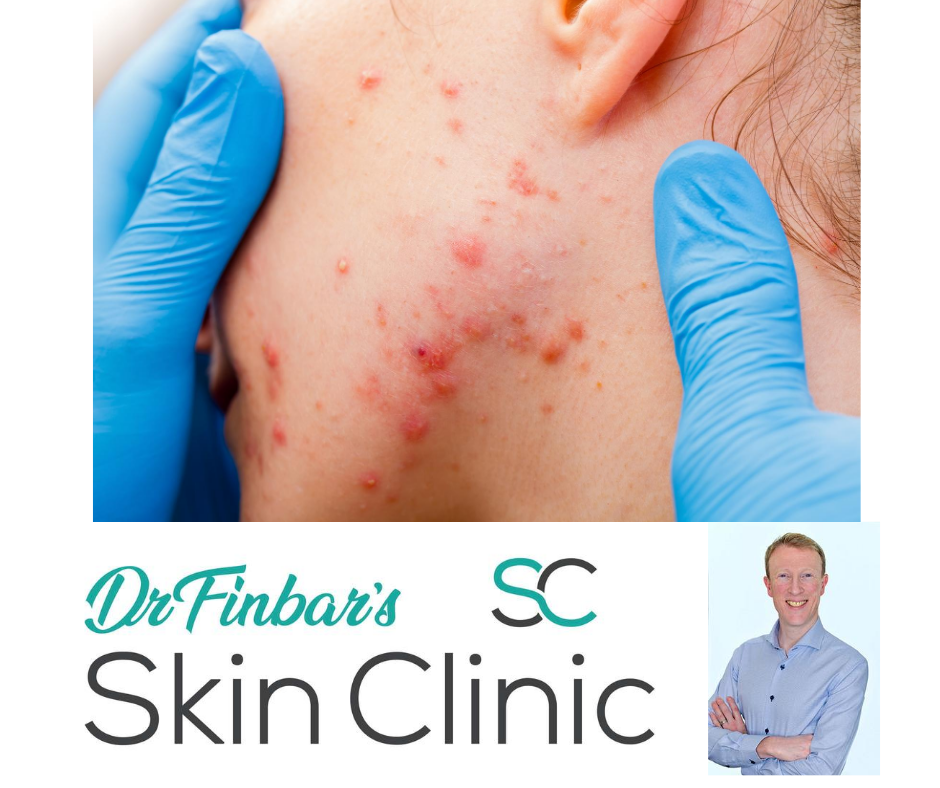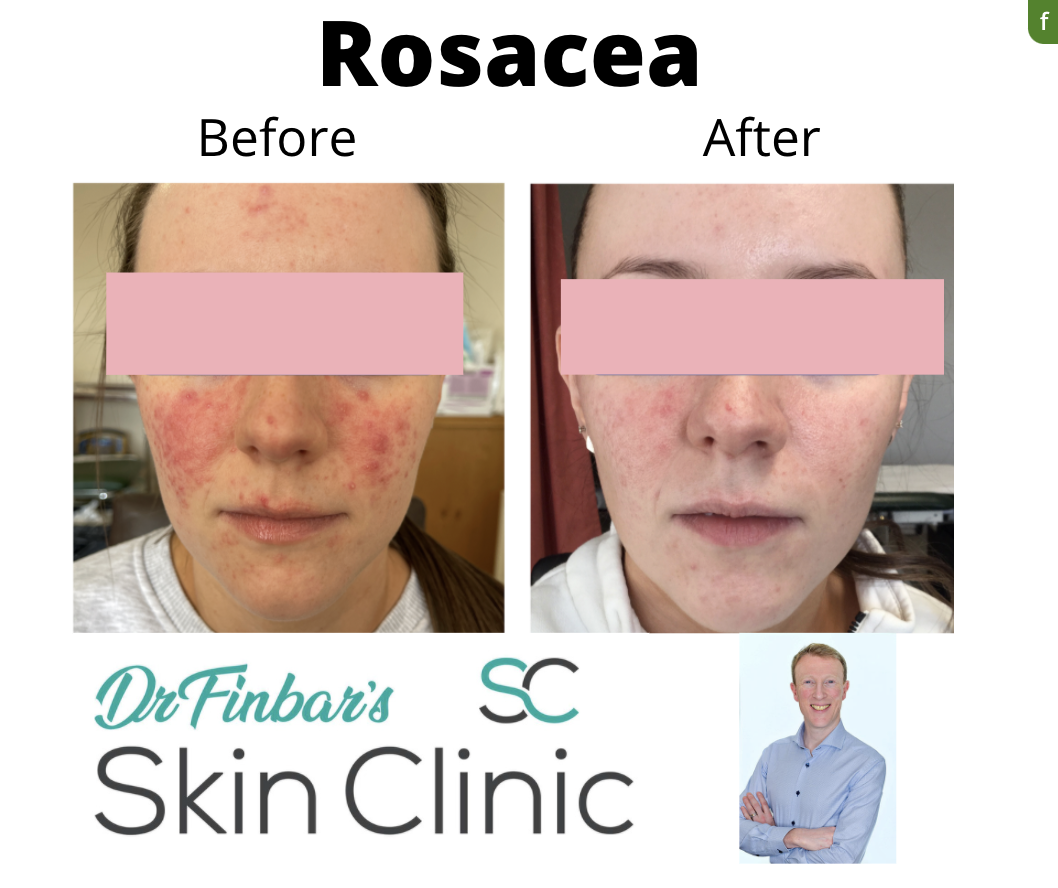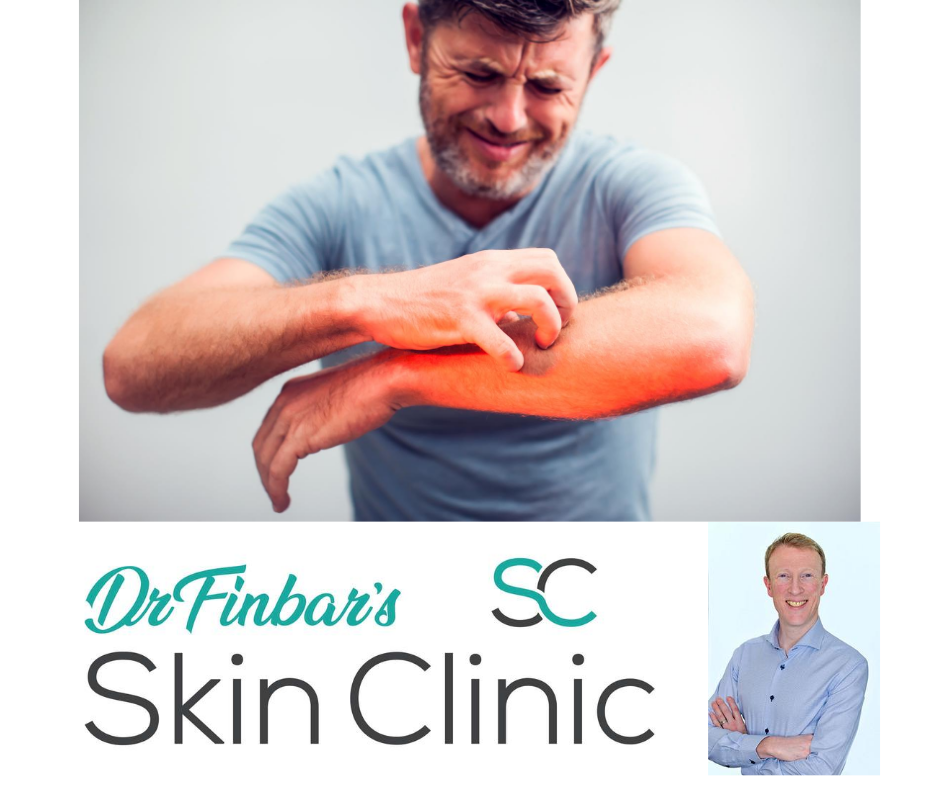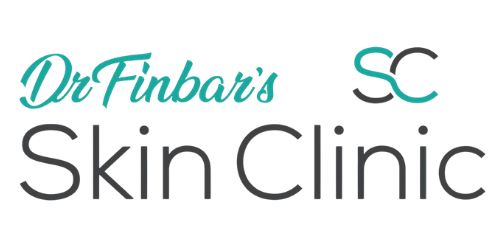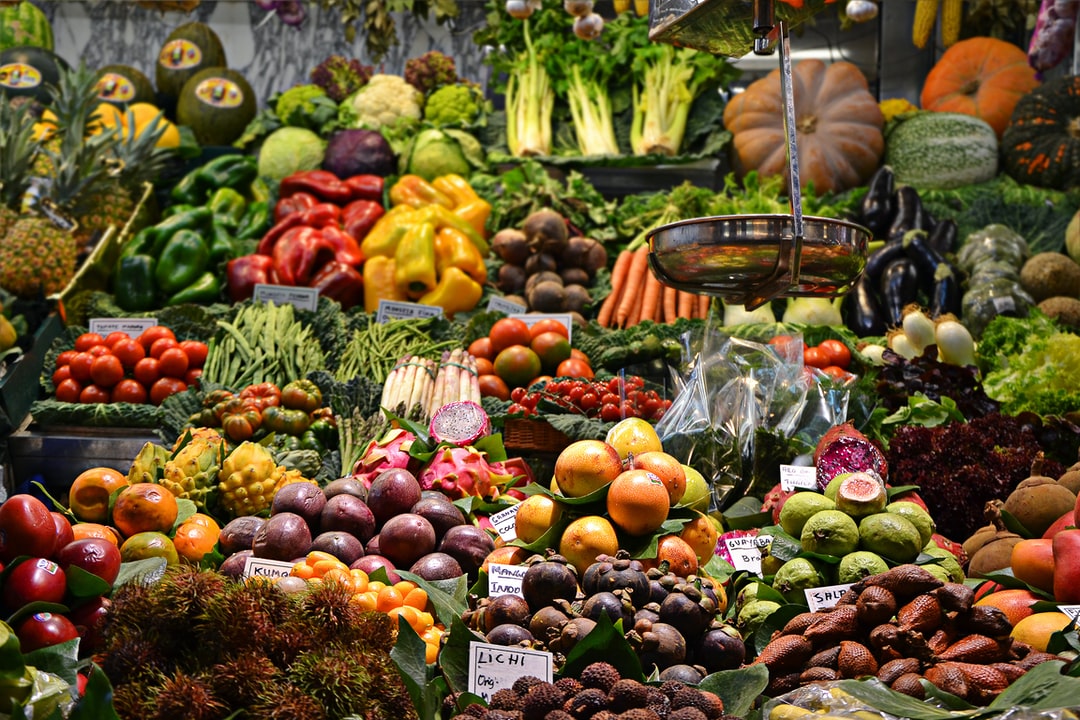
Dietary Advice to Reduce Skin Inflammation
Jan 21
Introduction
Many inflammatory skin disorders e.g. acne, psoriasis, eczema and other autoimmune conditions can have a genetic contributing factor, but mainly our lifestyle and behaviours can contribute to and alter the course of these conditions. Many people get these conditions through no fault of their own, but there are other things in addition to medication that can reduce inflammation.
I generally give lifestyle advise to my patients who have inflammatory skin disorders. This includes:
- getting plenty of quality sleep,
- exercising regularly (accumulation of 30minutes a day moderate activity on most days of the week) and
- reduce stress in your life (relaxation techniques, meditation, addressing work life balance). Getting outdoors daily with natural light in the morning, walking in nature daily if possible and reducing exposure to electronic devices for 1-2 hours prior to bed (or using blue light blocking glasses).
However, this blog will concentrate on nutritional advice. This information is not only helpful for inflammatory skin conditions, but also many other chronic diseases and avoiding them!
I will also detail a plan of supplements & probiotics which have ever increasing amounts of clinical evidence for their benefit on inflammatory skin disorders. (Many probiotics are available over the counter, but many of these don’t survive past the stomach, or have the strains of probiotic bacteria that are help for skin disorders).
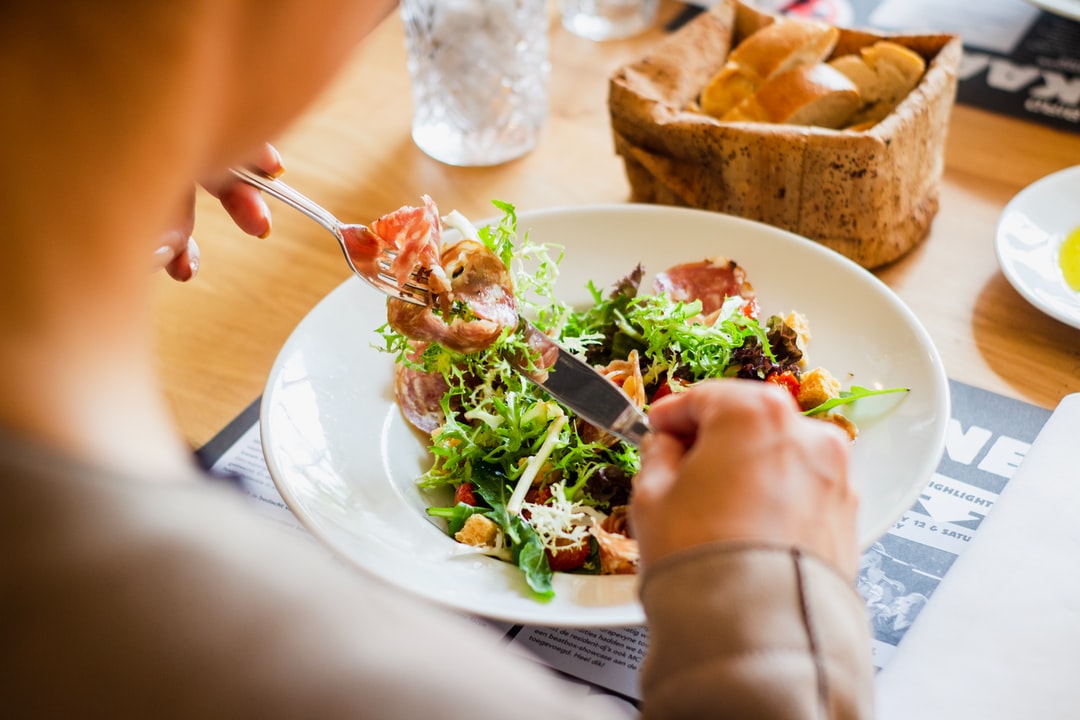
Gut Health
I often get asked by patients if their diet is contributing to their skin condition. The conventional wisdom from doctors is usually to say that there is no evidence the diet is causing the patients condition. However, the truth is more complex than that.
I can’t tell you what foods to eat or avoid to control your symptoms but am sure that improving your gut health (by diet) is likely to improve your overall health and energy levels.
Basic Nutritional Advice
Social media is full of great advice, but it can be overwhelming and confusing!
To keep things simple if you live by the following guidance (most of the time) you won't go too far wrong:
Eat a wide variety of colourful whole foods, mostly plants.
Eat mainly whole foods and avoid processed foods. (Processed foods have a lot of additives, which are chemicals. These can increase inflammation in the body contributing to skin conditions also.)
Many people choose a specific diet e.g. vegetarian, vegan, paleo, Atkins etc. That is a personal choice, but I don’t recommend a specific diet. I would never advise someone to change a diet they are on for any personal, moral or religious reasons.
Everyone responds to foods differently, so sometimes trial and error is needed. I often get asked ‘are my spots due to… diary/ sweets/ chocolate/ etc…’ but there is no good evidence in population studies that any single food is good or bad. (Although I still stick by the avoid processed foods mantra!).
Dairy
Despite us all being individuals, clinical guidelines do recommend a trial of 4-6 weeks off diary for patients with acne. Dairy is not an essential component of our diet but we do need to ensure we get plenty of calcium from other sources, such as green leafy vegetables.
In addition to diary many people with skin inflammation respond well to elimination of nightshade plants from their diet for a 4-6 week trial. This includes tomatoes, chillies & peppers. Generally these are considered very healthy foods, but for some individuals they cause problems. There is no blood test to determine this; it can only be tested by removing these foods from your diet for a 4-6 period.
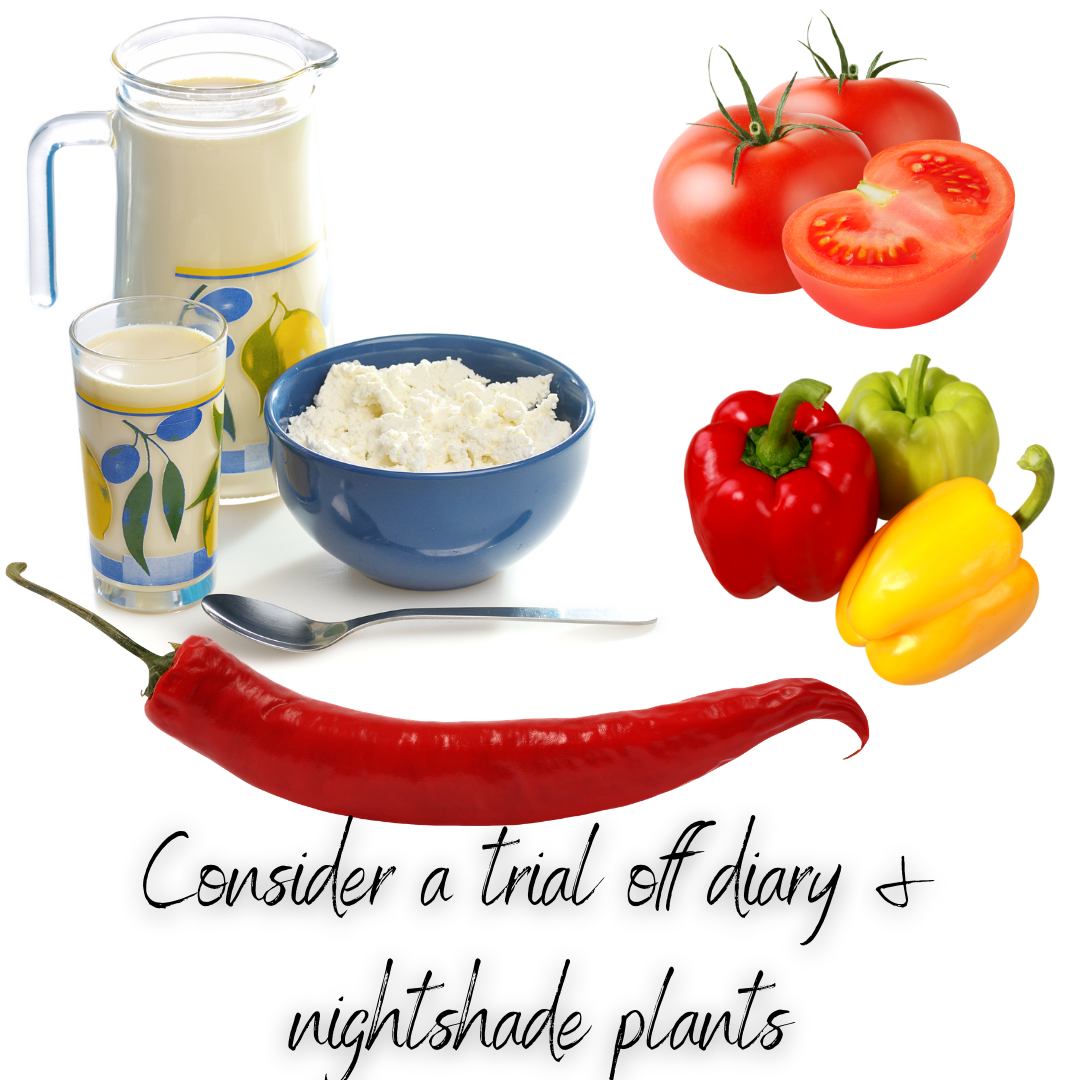
Elimination diet
If you decide you would like to try a specific diet or an elimination diet I recommend the following book available on Amazon. (I did this elimination diet in 2020 and learned several interesting things about foods that suited me better than others- not just for skin health, but also general energy levels.)
Click on the image below to take you to the amazon store to purchase book. (“As an Amazon Associate I earn from qualifying purchases.”)
This will require sustained effort but the results can be excellent.
Macronutrients
There are 3 primary nutrients utilised by our body and they are known as macronutrients; carbohydrates (potatoes, veg, bread, oats, rice), Protein (meat fish, pulses), Fats.
Did you know that carbohydrates are the only macronutrient our bodies can survive without!
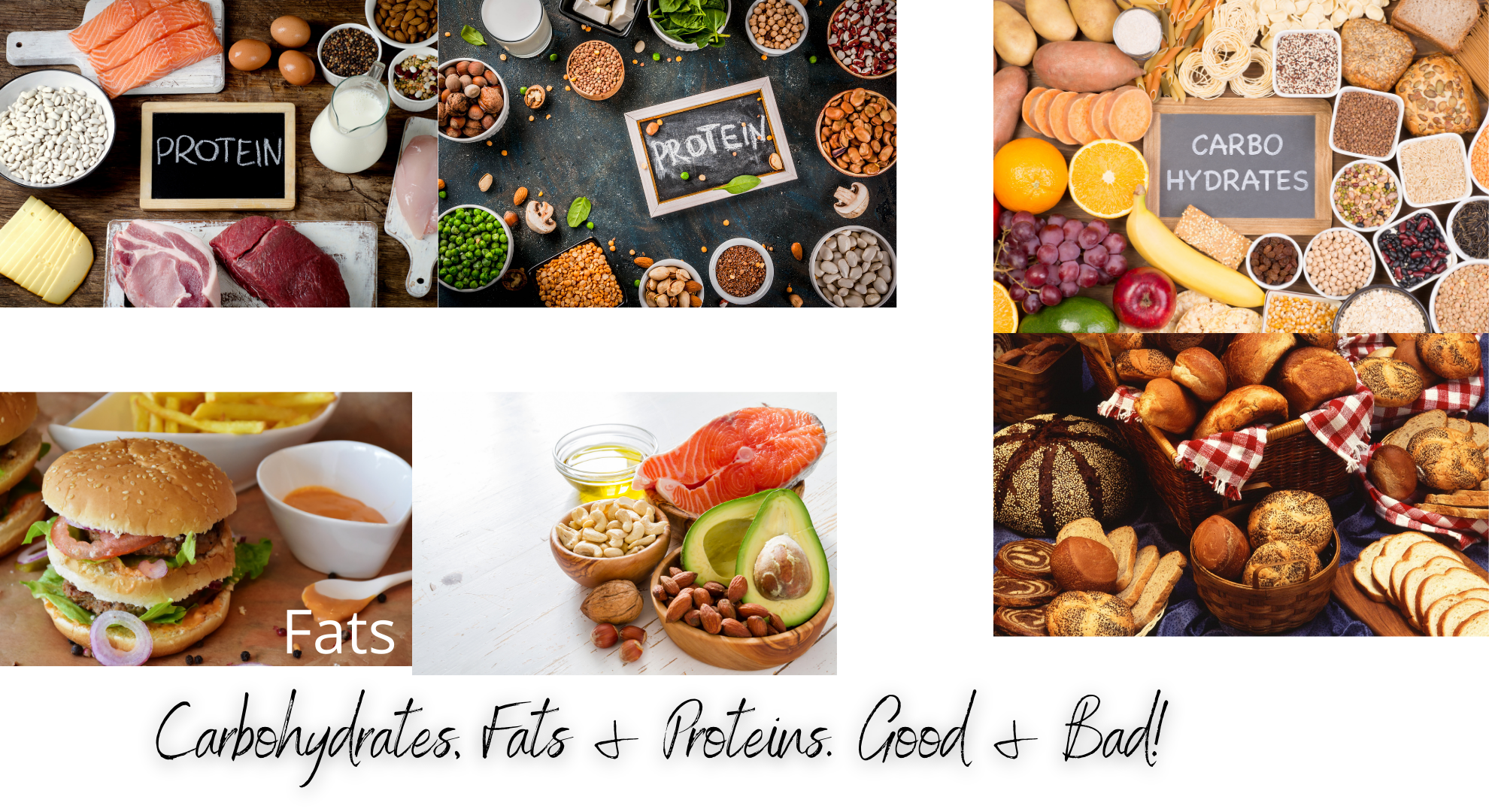
Carbohydrates
Most of us probably eat too many carbohydrates in our diet. They are very useful to fuel our bodies to perform activities, but the downside is that after eating carbohydrate, our bodies break it down into sugars. Then we release insulin to bring the sugar into our cells for use as fuel or it is stored as either glycogen in the muscle or converted to fat! Unfortunately the constant rise and fall of insulin eventually makes us resistant to insulin and that is what causes Type 2 Diabetes.
Glycemic Index (GI) and Insulin
When you eat a high carbohydrate meal, insulin is released, to regulate the blood/glucose spike which comes from eating carbohydrates. The rate at which the glucose enters the bloodstream determines that carbohydrate’s place on the Glycemic Index (GI). Insulin remains in the body for up to two hours and while it regulates your blood/glucose levels it also prevents the body from utilising fat stores and it converts carbs and protein to fat.
Eating a diet high refined grains and sugary carbohydrates have been linked to insulin resistance (diabetes) and inflammation.
I recommend eating only high fibre carbohydrates, with a low to medium GI rating as they will be digested slower and will help to maintain steady blood/sugar levels. For example barley, all kinds of beans and lentils, quinoa, brown rice.
Hi GI carbohydrates (e.g. white rice, white potato (no added fats) rice cakes with banana or Rice Krispies) should be avoided as they will increase you glucose, then Insulin and again over years will lead to Type II diabetes.
The Carbohydrate Slump
Have you ever noticed you get a mid morning slump after a ‘good’ breakfast of porridge or cereals & toast? That is the effect of the rise and then fall of insulin. I recommend eating a good breakfast, but try reducing the amount of carbohydrate (unless you plan sporting activity in the next few hours). An example is eggs, spinach and avocado. Smoothies are great and contain lots of fresh fruit but that contains a lot of sugar and should be timed to be taken prior to exercise rather than taking it regularly for breakfast (or any other time of day).
Timing your intake of carbohydrate to be mainly in the meal or 2 before exercise and otherwise having meals lower in carbohydrate is know as metabolic flexibility. It reduces the glucose (and insulin) levels in our bodies and can reduce chronic inflammation.
Fats
Fats are vital for cardiovascular health, brain function, hormone production and immune function.
Here are some interesting benefits we see from including fat in our diet: 5 Fat is an energy source
- Fat can keep you fuller for longer
- Fat is a key player in managing inflammation
- Fat can improve your hormonal profile
- Fat is high in certain vitamins and minerals
There are three major types of fat: saturated, monounsaturated and polyunsaturated. The difference lies in the structure of the fatty acids they are made of.
Examples of foods containing a high proportion of saturated fat include animal fat products such as cream, cheese, butter, ghee, and fatty meats.
Protein
Protein is incredibly important. Without it our body composition and health suffers.
Proteins are an essential nutrient and can be broken down into 20 building blocks known as ‘amino acids’. Out of these 20 amino acids, nine are considered essential, as the body cannot synthesise its own, meaning we must obtain these from animal and plant sources.
Essentially, these amino acids alone will add lean muscle to your body and aid recovery from your daily tasks and workouts. But there are lots of other reasons why protein is so important in our daily diets. Tissue growth and maintenance are primary functions of protein, as they provide the building materials (amino acids) for growth and repair. That makes them vital for forming skin, nails, hair, bones, organs, tendons and of course muscles.
Protein also plays a regulatory role in the body, managing enzymes, hormones, antibodies, fluid balance and nutrient transportation.
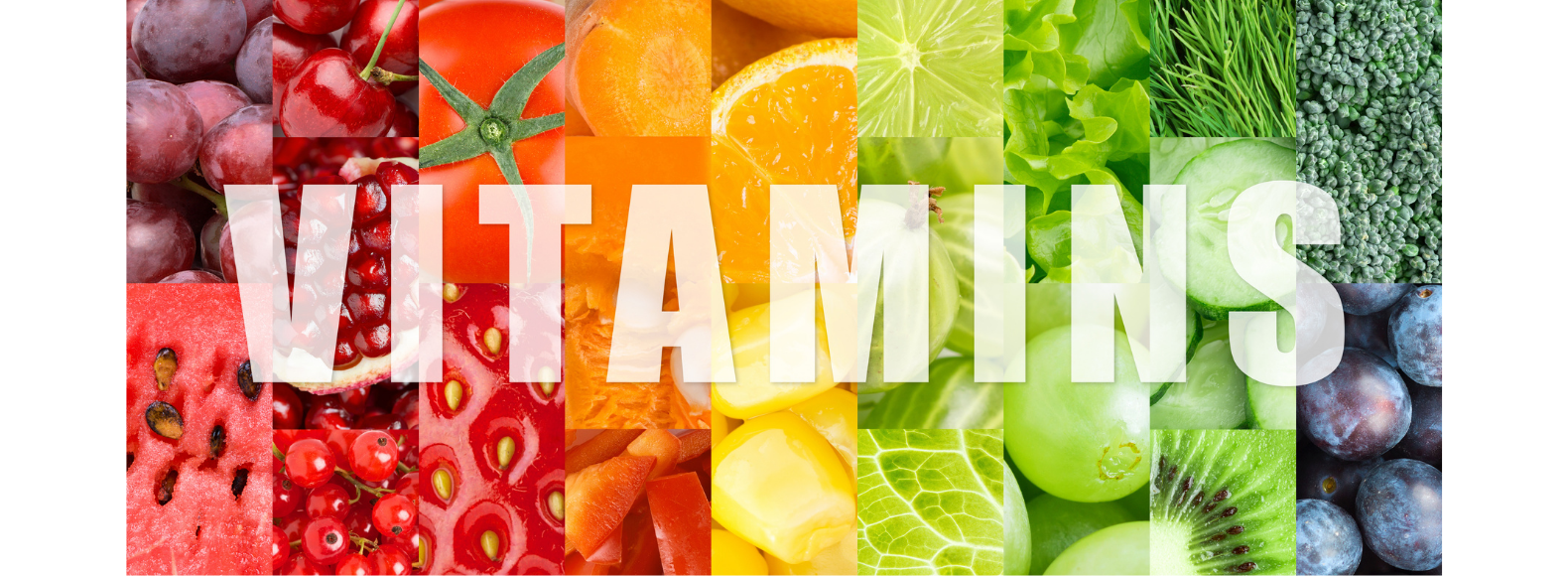
Micronutrients
After macronutrient the next most important thing we get from our diet is micronutrients i.e. minerals and vitamins. This is why it’s important to eat a wide range of foods and in particular coloured foods! If your diet is not very varied or otherwise poor you may benefit from a good multivitamin.
Warning to athletes: if taking a supplement of any sort always try to source those which have the lable ‘Informed Sport’ to ensure you’re not accidently breaking any doping laws!
Snacks- Beware!
Snacks were invented over 30years ago by the food industry to sell us more stuff! We don’t need snacks to live. Very few people need the additional calories (e.g. athletes & people who have very heavy manual jobs may need these extra calories)
Microbiome
The microbiome is being increasingly recognised as important for our overall health. These bacteria (and balance of them) in our gut are responsible for many of the reactions that go on in our body from digestion, to producing neurotransmitters (those hormones that control how we feel and think!), to the level of inflammation in our bodies.
What (and when) we eat influences our gut bacteria. Along with many other things e.g. if we were born by normal vaginal delivery or caesarean section, were breast fed or not, how many antibiotics we have had, how many chemicals and other toxins you are exposed to.
Clinical studies have proven the benefits of probiotics for many conditions including acne, atopic eczema, irritable bowel syndrome, inflammatory bowel disease, allergic rhinitis, hay fever and many more...
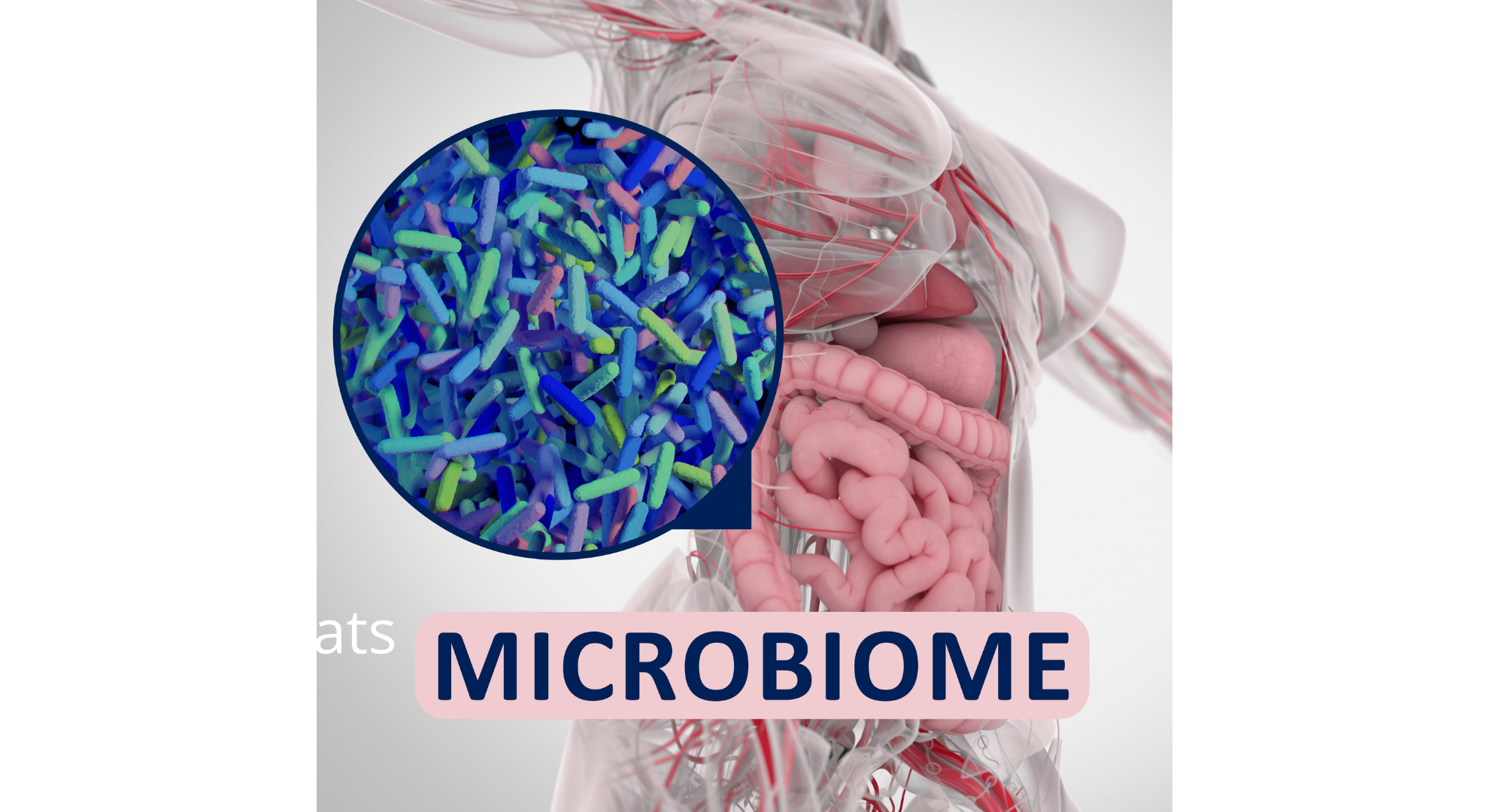
Probiotics:
As an endurance athlete, I put my body on significant physical stress. One of the things I do to support my health and recover is to cycle probiotics into my supplement regime throughout the year. Like anything I put into my body, I must be sure what I take is sourced from top quality materials and is manufactured to a high standard. With probiotics they must contain an appropriate mix of good bacteria and be able to survive stomach acid (not all do!)
I recommend the following products:

Please contact me directly to obtain your sample of Skin Clear Biome. Cost is £55 for 2 month supply. (I hope to be able to add this to my online shop soon).
Email finbar@drfinbarsskinclinic.com
Another option below:
Click the image above to get to fxsupplements.ie
There you can search for the above probiotics. Get 5% off and free shipping when you enter the code finbarskindoc at checkout.
Share this post on:
Copyright © 2021 Dr Finbars' Skin Clinic All rights reserved.


